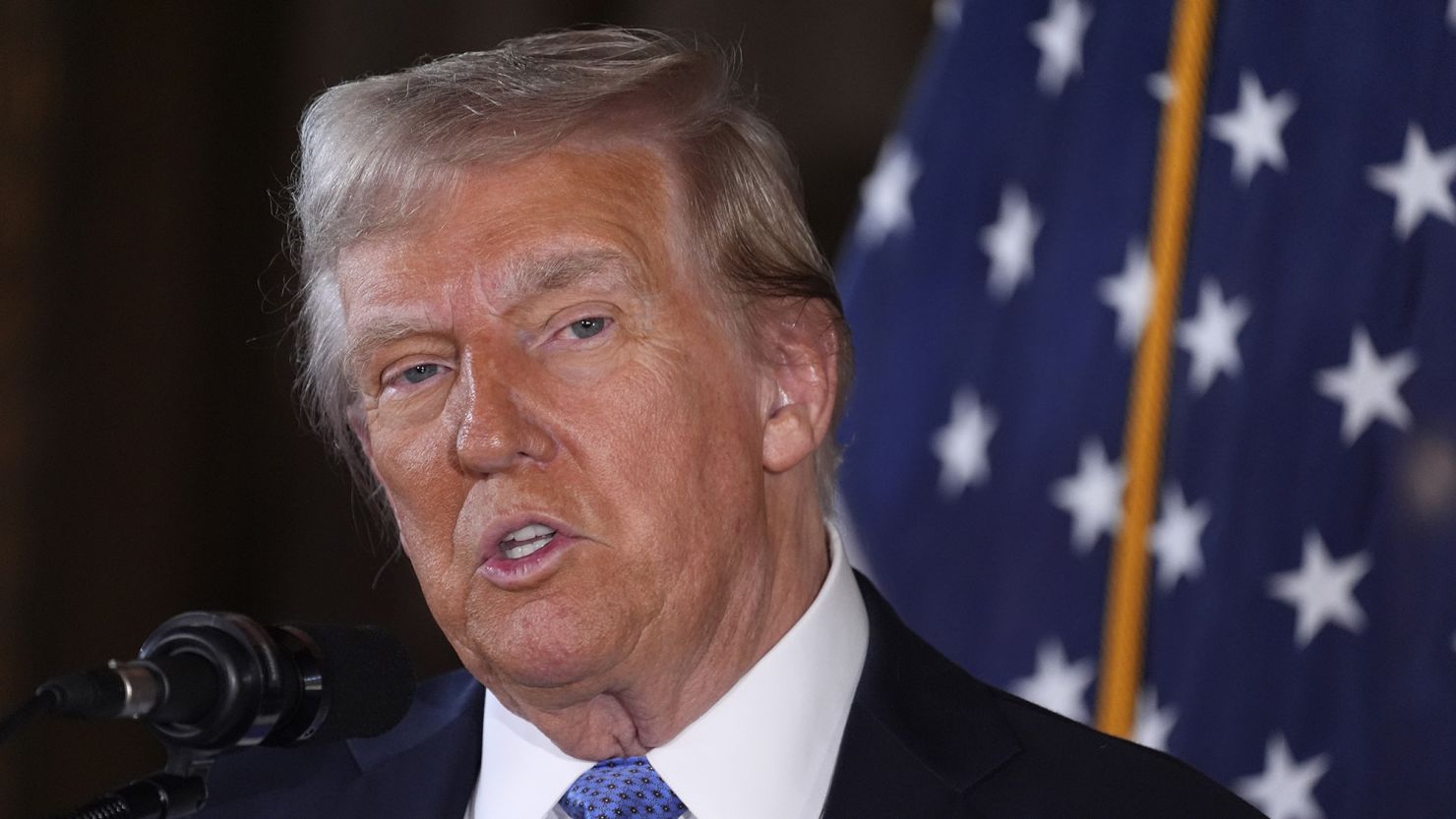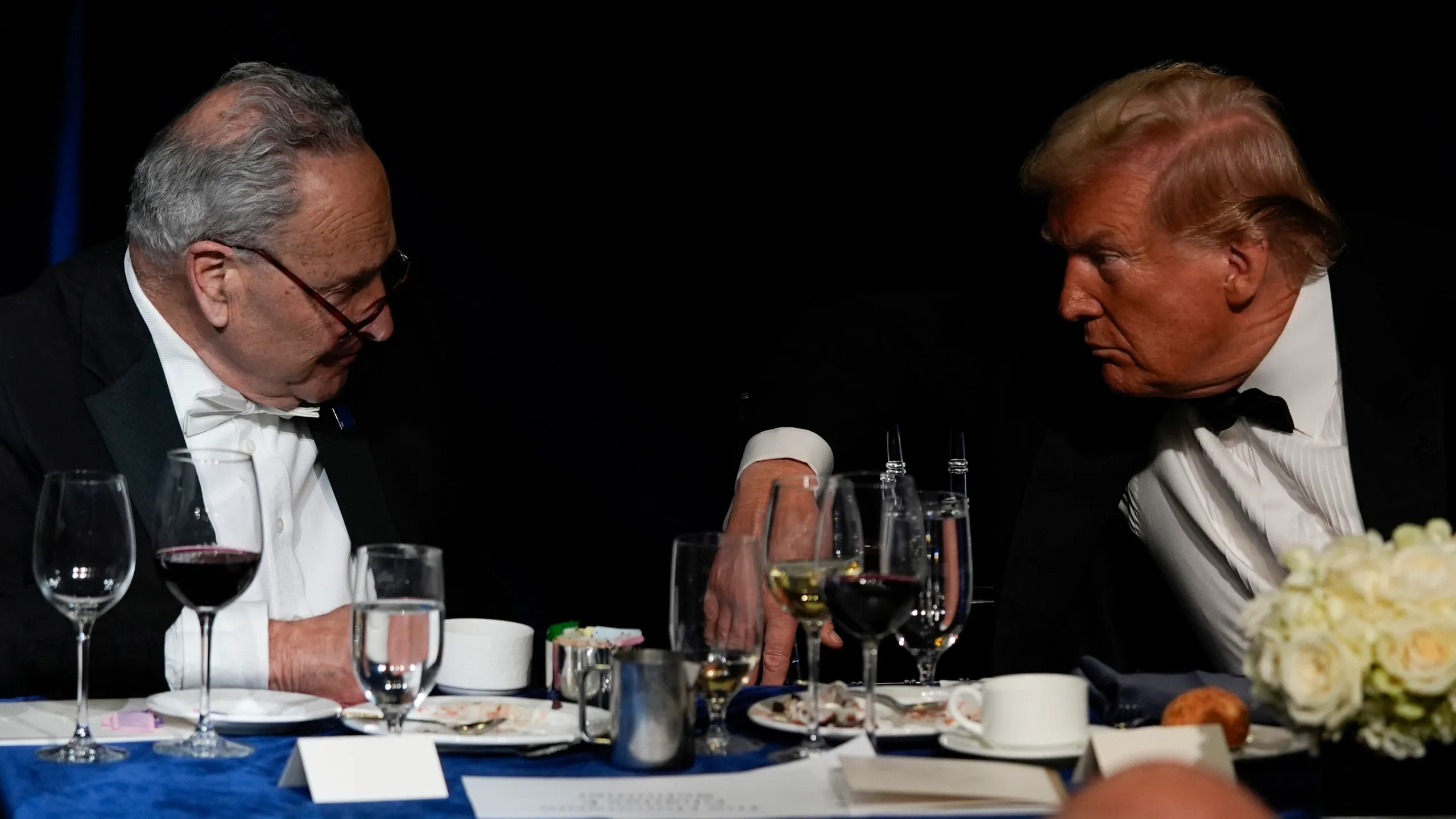
The day after Thanksgiving—commonly known as Black Friday—has become one of the most hectic shopping days in the United States. National retailers traditionally offer limited-time discounts on a wide range of products to attract shoppers into stores and entice online buyers with similar deals. Many believe that the term Black Friday originates from the idea that businesses operate at a financial deficit, or “in the red,” until the day after Thanksgiving, when significant sales allow them to turn a profit, or go “in the black.” However, this explanation is incorrect.
The more accurate origin of the term dates back to the early 1960s, when Philadelphia police officers coined the phrase Black Friday to describe the disorder caused by an influx of suburban tourists flooding the city for holiday shopping and, in some years, to attend Saturday’s annual Army-Navy football game. The enormous crowds created significant challenges for law enforcement, who worked extended shifts to manage traffic congestion, accidents, shoplifting, and other disruptions. Within a few years, the term Black Friday became common in Philadelphia. City merchants tried to rebrand the day as “Big Friday” to soften its negative connotations. The use of Black Friday to refer to a positive surge in retail profits didn’t gain national traction until the late 1980s, when merchants began promoting the red-to-black profit narrative. Black Friday was subsequently marketed as the day stores began turning a profit for the year and as the biggest shopping day in the U.S. In reality, many retailers experienced their largest sales on the Saturday before Christmas.
In recent years, Black Friday has been followed by additional shopping-focused events, such as Small Business Saturday, which encourages consumers to shop at local retailers, and Cyber Monday, which highlights online shopping deals. Giving Tuesday has also emerged, encouraging charitable donations during the holiday season.
Historically, Black Friday has another unrelated meaning tied to a financial scandal. On Friday, September 24, 1869, Wall Street financiers Jay Gould and Jim Fisk attempted to monopolize the nation’s gold market at the New York Gold Exchange by purchasing as much gold as possible to inflate prices. Their scheme collapsed when President Ulysses S. Grant intervened, causing the stock market to crash and leading to financial ruin for thousands of Americans.









